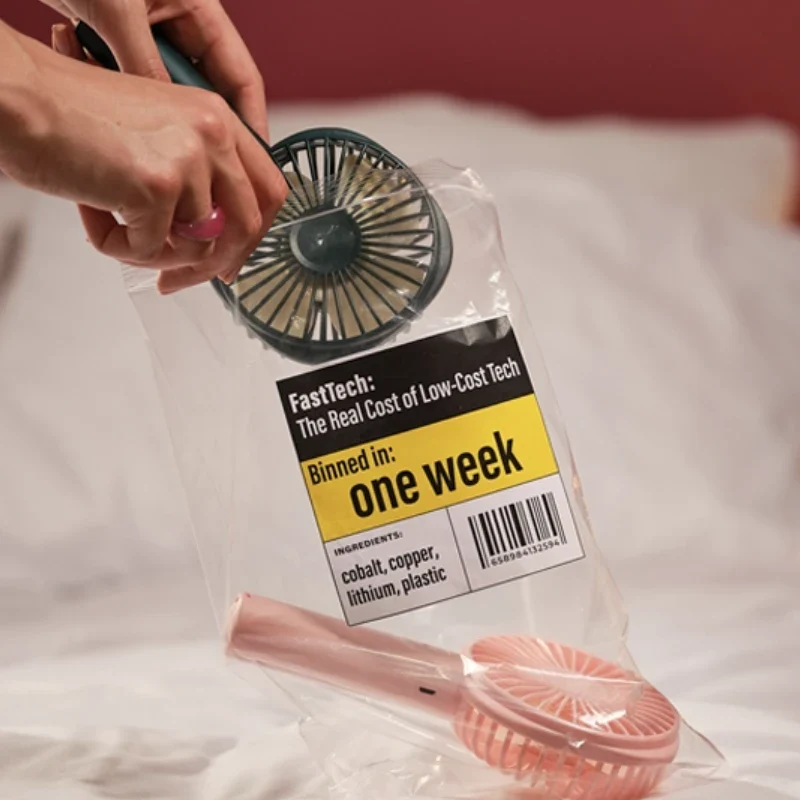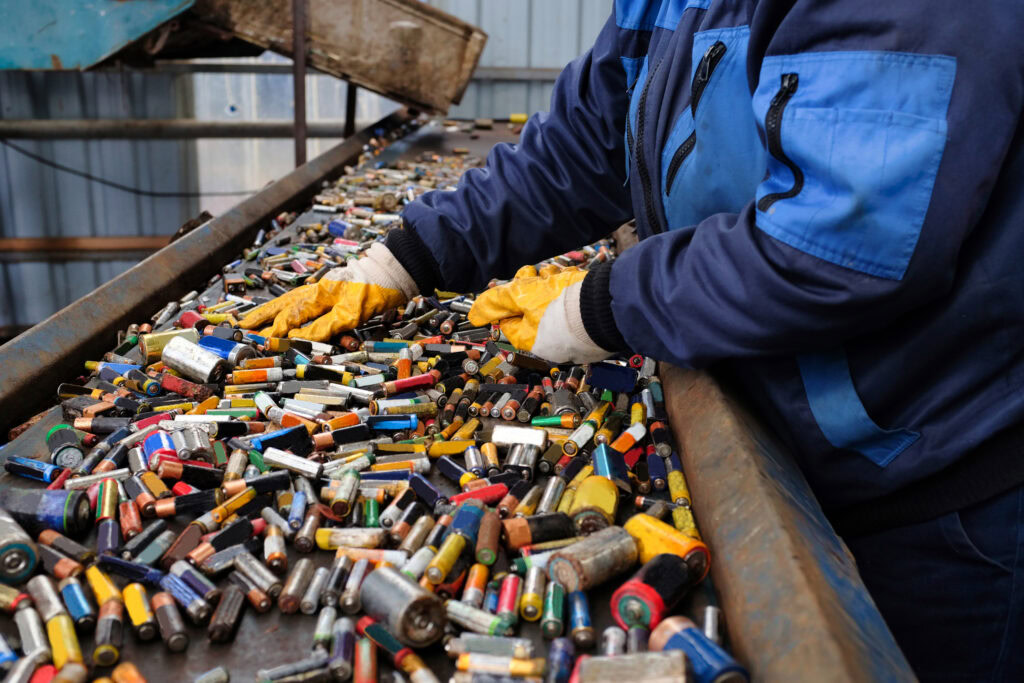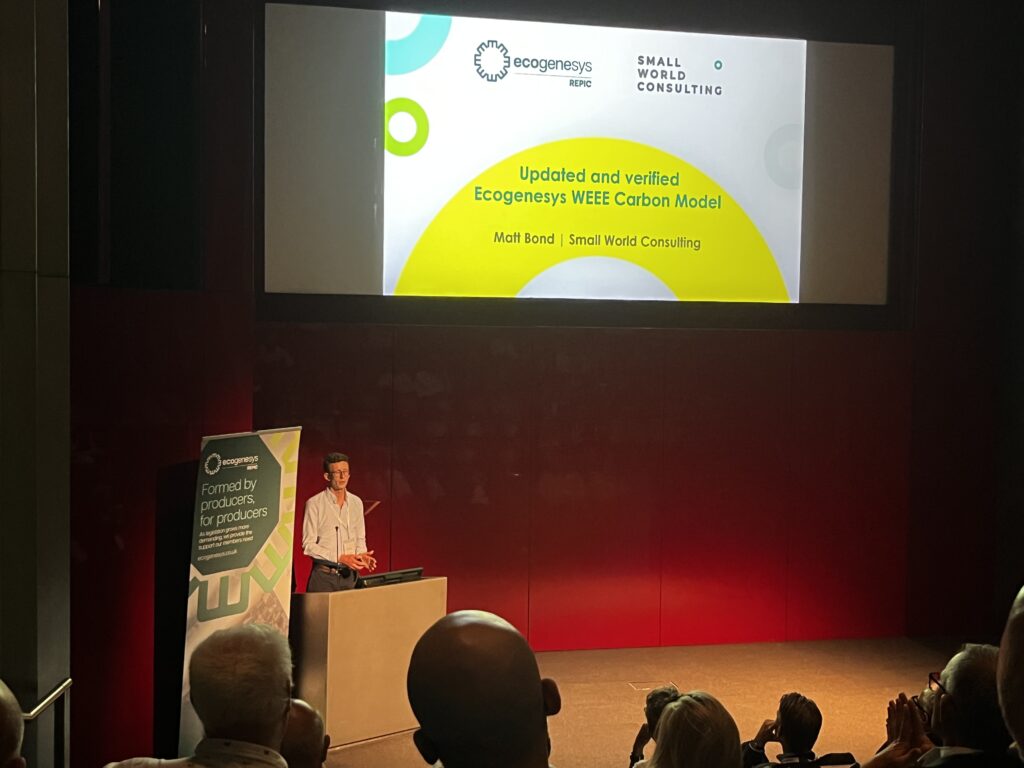Waste electricals could be the alternative mines that will supply Europe with scarce metals that cannot be found within the continent, according to a European Commission official.
Mattia Pellegrini, the Commissions head of unit for metals, minerals and raw materials, made the comments to members of the European e-waste reprocessing group, the WEEE Forum, at its bi-annual conference in London on Thursday (September 20).

Mr Pellegrini explained that the Commission has set up a Raw Materials Initiative to monitor European reserves of valuable metals, which had concluded that the continent is increasingly dependent on imports of materials such as platinum, beryllium, magnesium, tungsten and rare earths from overseas.
And, he said the Commission is seeking to reduce Europes dependence on the import of critical materials, with increasing and improving WEEE recycling among its preferred options.
He said: We import more than 90% of our critical metals into Europe, which clearly makes us one of the most heavily dependant continents in the world. To address this we have developed the strategy to ensure that there is sustainable access to raw materials and to ensure that there is a level playing field.
We are seeing from countries, particularly China, that they are looking to defend their raw materials and prevent them from being sent out of the country, so we need to find a supply of material from within the European Union.
Recycling
Mr Pellegrini said the WEEE recycling industry in Europe is essential to ensuring that the valuable metals that are discarded in WEEE are turned back into raw materials for use in production.
He added: “That makes the job of recyclers extremely important, they are the alternative mines that exist all over around the continent. What we need to do is to find alternatives ways of supplying these important raw materials, and put ourselves at the forefront of research in terms of recycling and to reduce the negative environmental impacts of recycling and extraction activities in Europe.
The government has already recognised the UKs vulnerability to shortages of precious metals, with the Department for Business, Innovation and Skills (BIS) predicting that between now and 2020 the UK will dispose of around 12 million tonnes of electronic equipment, which will contain valuable material worth over 1 billion.
In March, BIS published a Resource Security Action Plan, which seeks to reduce the UKs dependence on imports of valuable materials and includes financial support for small businesses to develop ways to improve the reuse and recycling of precious metals as well as working with manufacturers, waste companies and local authorities to ensure products are designed so that the recovery of valuable materials is simple and cost effective (see letsrecycle.com story).
Economy
Speaking at Thursdays WEEE Forum Conference, Steve Andrews, head of the green economy team at BIS, said: A green economy creates the right conditions to transform it from one of waste to one of resource. The challenge is clear: we must encourage the market for material streams from waste electricals to grow.
An emerging issue concerns supply of critical raw materials that are essential to sustaining and growing our economy. Increasing demand is putting strain on supply of these materials.
The European Commissions response was to launch the raw materials initiative in 2008, endorsed by member states last year.
Here in the UK we have published the resource security action plan, which provides the framework needed to address resource supply and scarcity concerns. WEEE is no longer seen as a disposal problem, but a resource that people need.








Subscribe for free